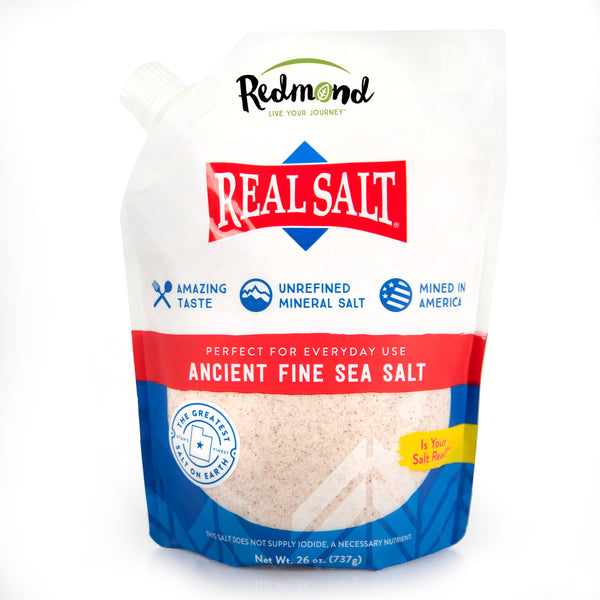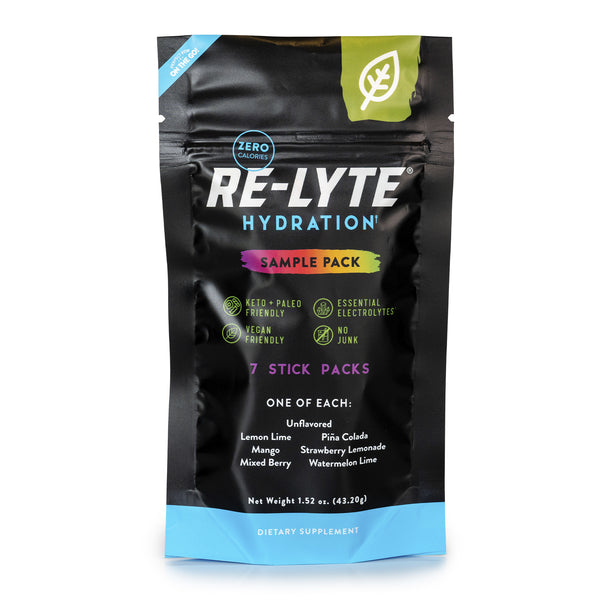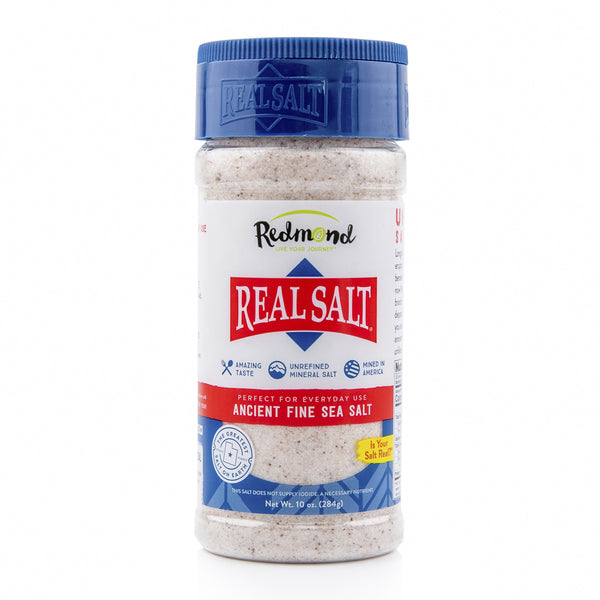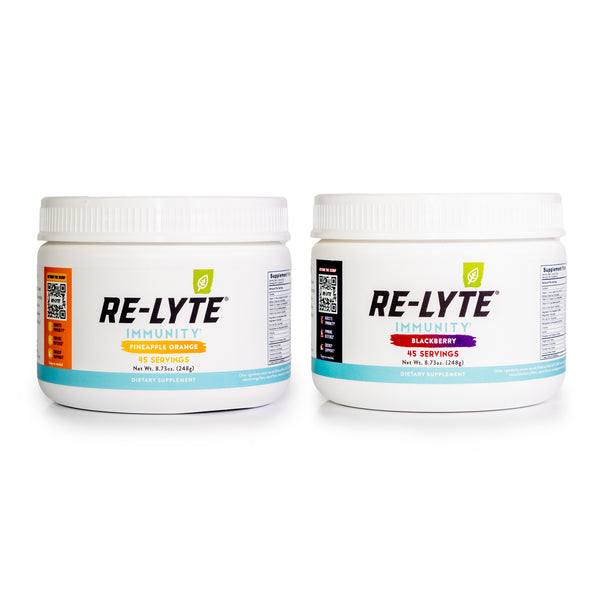Hydration and Heart Health—Don’t Forget To Show Your Heart Some Love

Article at a Glance:
- Hydration is important for muscle health, including your hardest-working muscle.
- Studies show that proper hydration reduces the long-term risk of heart failure.
- Hypohydration (low hydration) decreases cardiac output and increases cardiac workload.
- Hypohydration can lead to unhealthy blood pressure levels.
February is here! This is the month when we see lots of brightly colored, heart-shaped decorations or treats that don’t look much like the actual “muffled drum” pumping life-giving blood throughout the body and making our life journey possible.
With hearts on the mind, and because we’re a little (or a lot!) obsessed about hydration, we decided to explore the connection between hydration and heart health. Turns out, hydration plays an important role in keeping your heart healthy and beating at its best.
Hydration Keeps Muscles Healthy (Including Your Heart)
We’ve previously written about how hydration is critical for muscle health. Hypohydration (lack of hydration) limits muscle strength, power, and endurance, and makes them more vulnerable to strain. Among the muscles of your body, your heart works harder than all of them. The average adult-sized heart pumps around five liters of blood per minute, which works out to almost 2,000 gallons per day. And it’s even more than that if you exercise, take the stairs, or do other things to increase your heart rate.
Unlike your other muscles, your heart never gets to take a break, and it must work even harder if you’re dehydrated. Your heart is the powerhouse that keeps blood moving through your body. Blood can be compared to a highly efficient team of delivery drivers that bring oxygen and nutrients to the various parts of the body while carrying away carbon dioxide and waste. When you’re dehydrated, your blood volume decreases, which means there are fewer “delivery drivers” to fulfill this vital role. Your heart tries to compensate for the deficiency by beating faster, working harder to make sure muscles, organs, and other body systems get the oxygen and nutrients they need. In contrast, staying hydrated keeps blood volume at a healthy level, which decreases cardiac workload.
Low blood volume can lead to other complications as well. Your overall cardiac output is lower (despite your heart working harder) because it pumps less blood per beat. In addition to beating faster, dehydration can make your heart work harder because your blood is thicker and doesn’t circulate as well. These could be some of the reasons studies find that proper hydration can help reduce long-term risks for heart failure.
The Connection Between Dehydration and Blood Pressure
As strange as it may sound, dehydration can lead to unhealthy levels of low or high blood pressure. As noted earlier, dehydration can lower your blood volume. Your heart pumps faster to maintain the pressure needed to properly circulate the blood, but that may not be enough if you’re really dehydrated. In serious dehydration situations, the low blood volume can lead to hypovolemia or hypovolemic shock, a situation where the drop in blood pressure, and resulting shortage of oxygen delivered to your organs, can cause permanent damage.
Low blood volume could lead to higher blood pressure because when your blood volume drops, your body releases higher levels of arginine vasopressin (also called antidiuretic hormone), a hormone that helps your kidneys reabsorb water rather than sending it to your bladder. This can help slow the loss of blood volume, but prevents your body from expelling waste as efficiently.
Vasopressin also causes your blood vessels to constrict, increasing your blood pressure. There is debate in the medical community, but some experts suggest that persistent, high levels of vasopressin can cause a person to develop more long-term high blood pressure, and experts do agree that chronic high blood pressure can damage your heart and other organs.
Hydrate for Your Heart’s Sake
Our bodies are complex organisms as unique as snowflakes. No one thing will address every potential health concern, and your doctor is the best guide on your individual hydration needs. That said, for most of us, you can reduce your risk of certain heart-related diseases and reduce your heart’s workload by drinking plenty of water and balancing water intake with electrolytes. It’s a simple way to say thanks and show your heart some love.
Sources
- Good hydration may reduce long-term risks for heart failure—National Institute of Health.
- The Effects of Dehydration on the Cardiovascular System—Healthfully.
- Can Dehydration Cause High Blood Pressure?—Healthcare Associates.
- Physiology, Blood Volume—National Library of Medicine.
- Physiology, Vasopressin—National Library of Medicine.
- Middle age serum sodium levels in the upper part of normal range and risk of heart failure—European Heart Journal.
- Middle-age high normal serum sodium as a risk factor for accelerated biological aging, chronic diseases, and premature mortality—eBioMedicine.
- 5 Key Symptoms and Signs of Dehydration—Reid Health.
- Dehydration—Mayo Clinic.
- Hypovolemia—Cleveland Clinic.
- High blood pressure dangers: Hypertension’s effects on your body—Mayo Clinic.
- Staying Hydrated - Staying Healthy—American Heart Association.
- Heart failure – fluid and diuretics—MedlinePlus.










